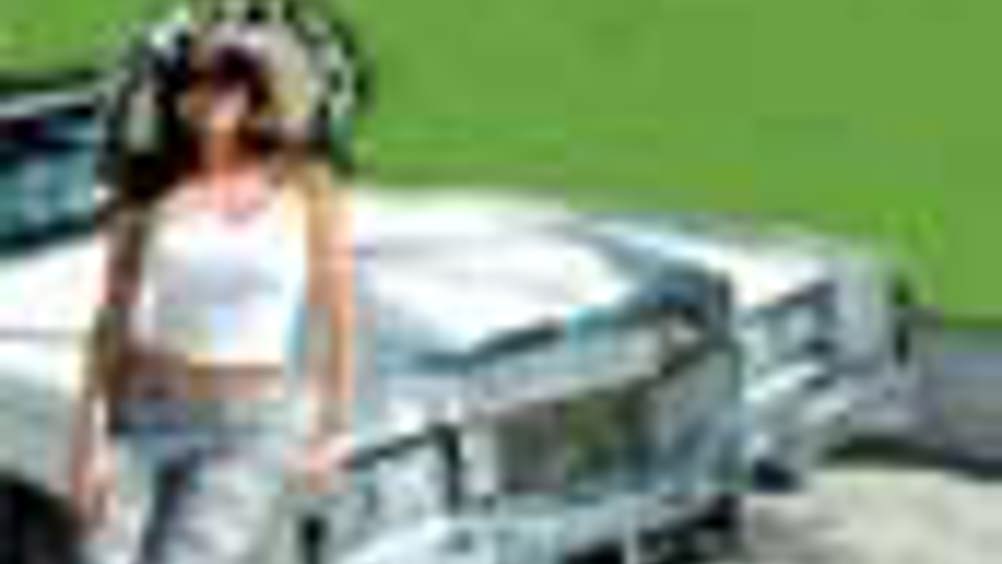Smellier but safer

Oxford researchers have found that using smell, touch and sound may make the car of the future safer.
Research by Dr. Charles Spence and Cristy Ho at the Department of Experimental Psychology has shown that vibrating parts of a driver’s body as a warning can make them react more quickly to potential road dangers.
They found that such multi-sensory warning signals were particularly effective if they came from the appropriate direction: for example, when your seatbelt vibrates your stomach if the car in front suddenly brakes.
Directional auditory warning icons, such as the sound of a car horn, generated by your car and then projected in the direction of the potential road danger were also found to be very effective. Such warning signals not only alert the driver to a potential hazard but also seem to automatically and intuitively direct the driver’s attention in the appropriate direction.
In a paper published in Transportation Research Part F: Traffic Psychology and Behaviour, the team reported two experiments in which participants were asked to perform attention-demanding driving-like tasks, which involved responding to rapidly-presented visual stimuli. Whilst performing this visual task, they would sometimes feel a vibration on their front or back, at which point they had to check the front windscreen and the rearview mirror, decide if a potential collision was imminent, and brake or accelerate accordingly.
Register now to continue reading
Thanks for visiting The Engineer. You’ve now reached your monthly limit of news stories. Register for free to unlock unlimited access to all of our news coverage, as well as premium content including opinion, in-depth features and special reports.
Benefits of registering
-
In-depth insights and coverage of key emerging trends
-
Unrestricted access to special reports throughout the year
-
Daily technology news delivered straight to your inbox










Apprenticeship Funding Cuts to Cost Employers £214m
I had no idea the taxpayer was funding such an advanced level of education. Certainly graduates and post-graduates don´t receive comparable financial...